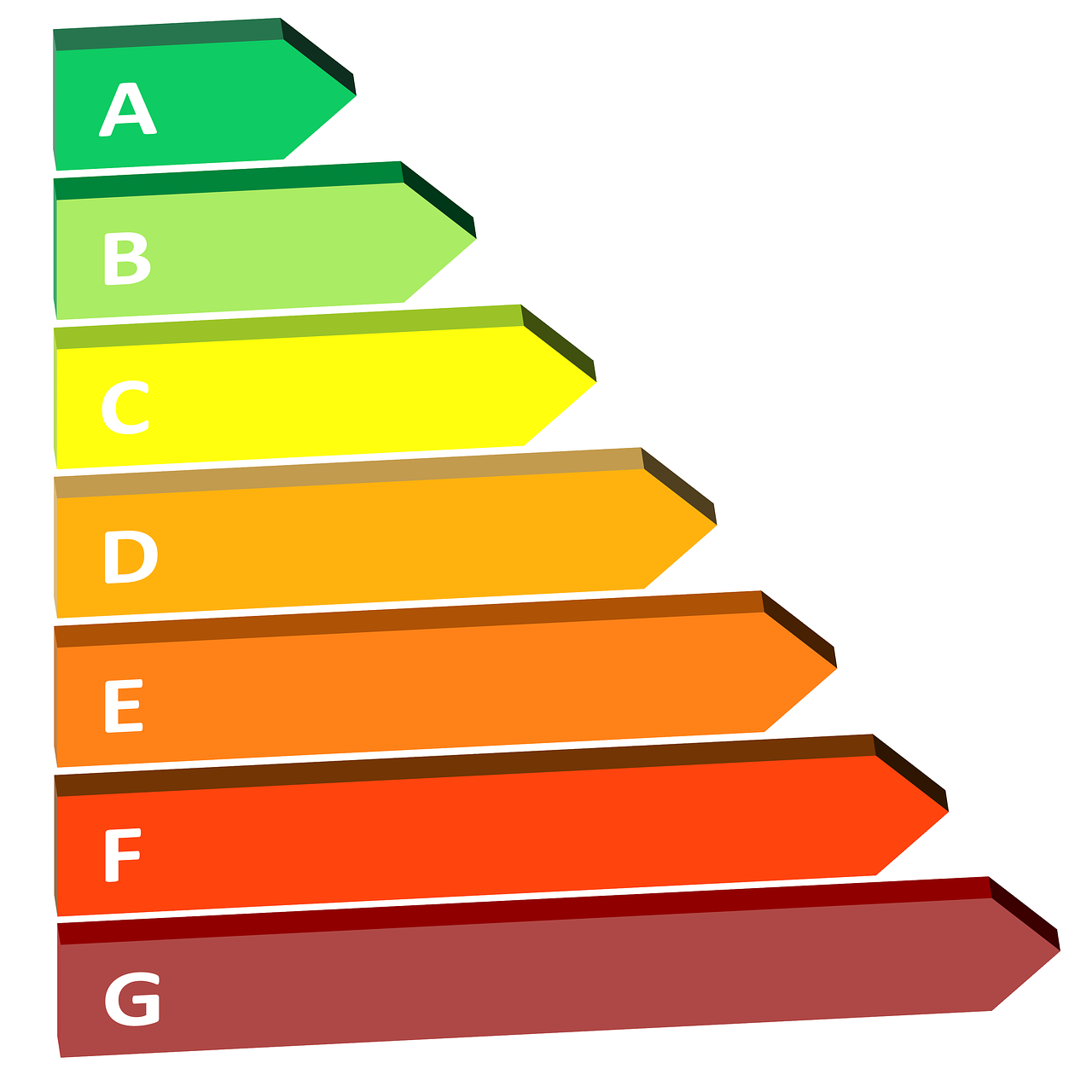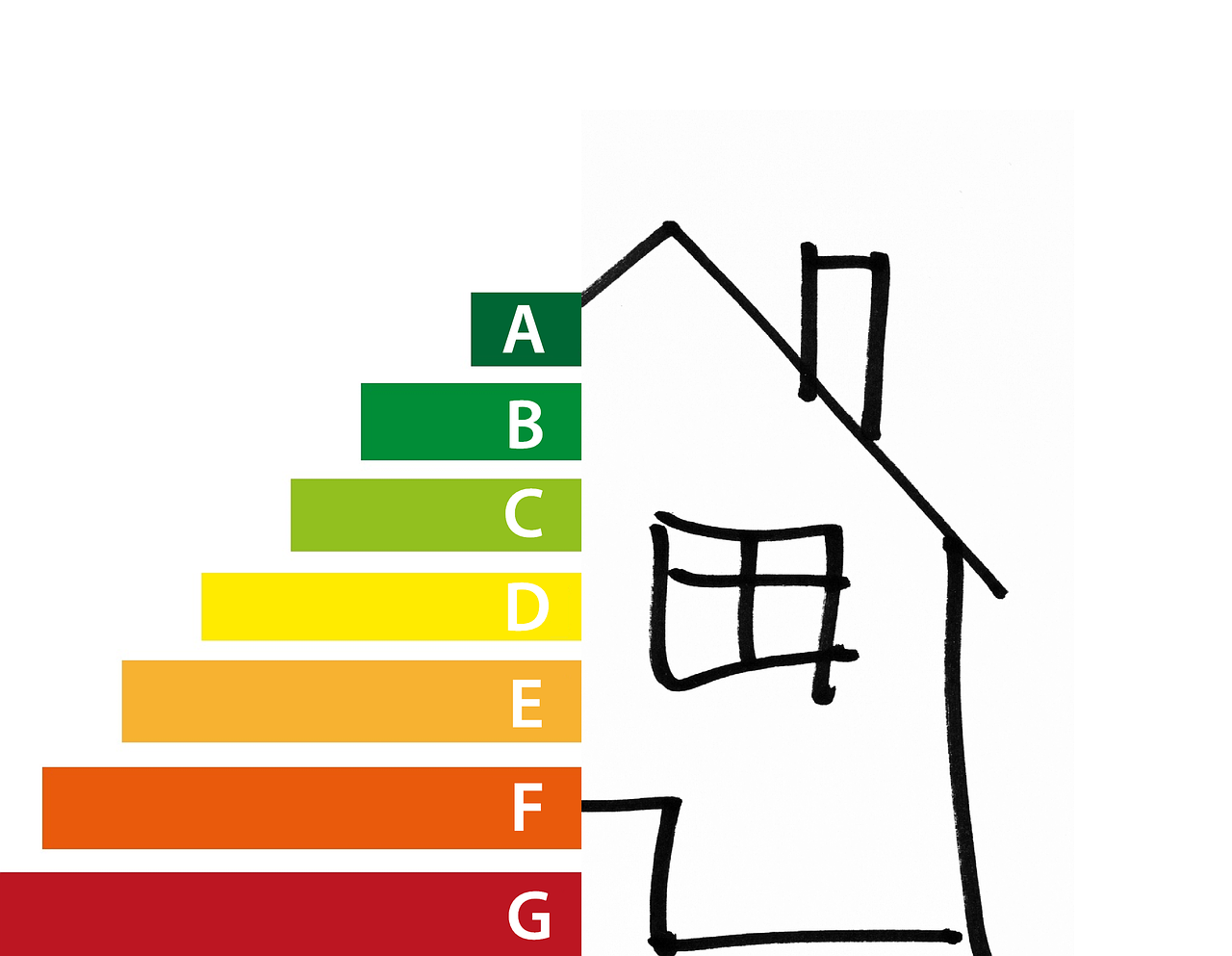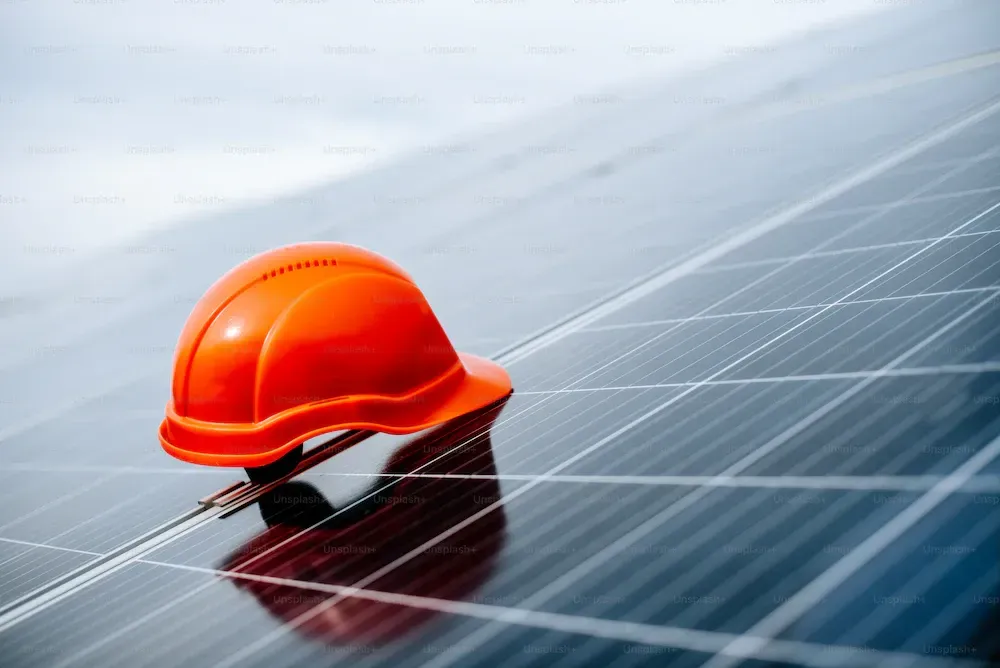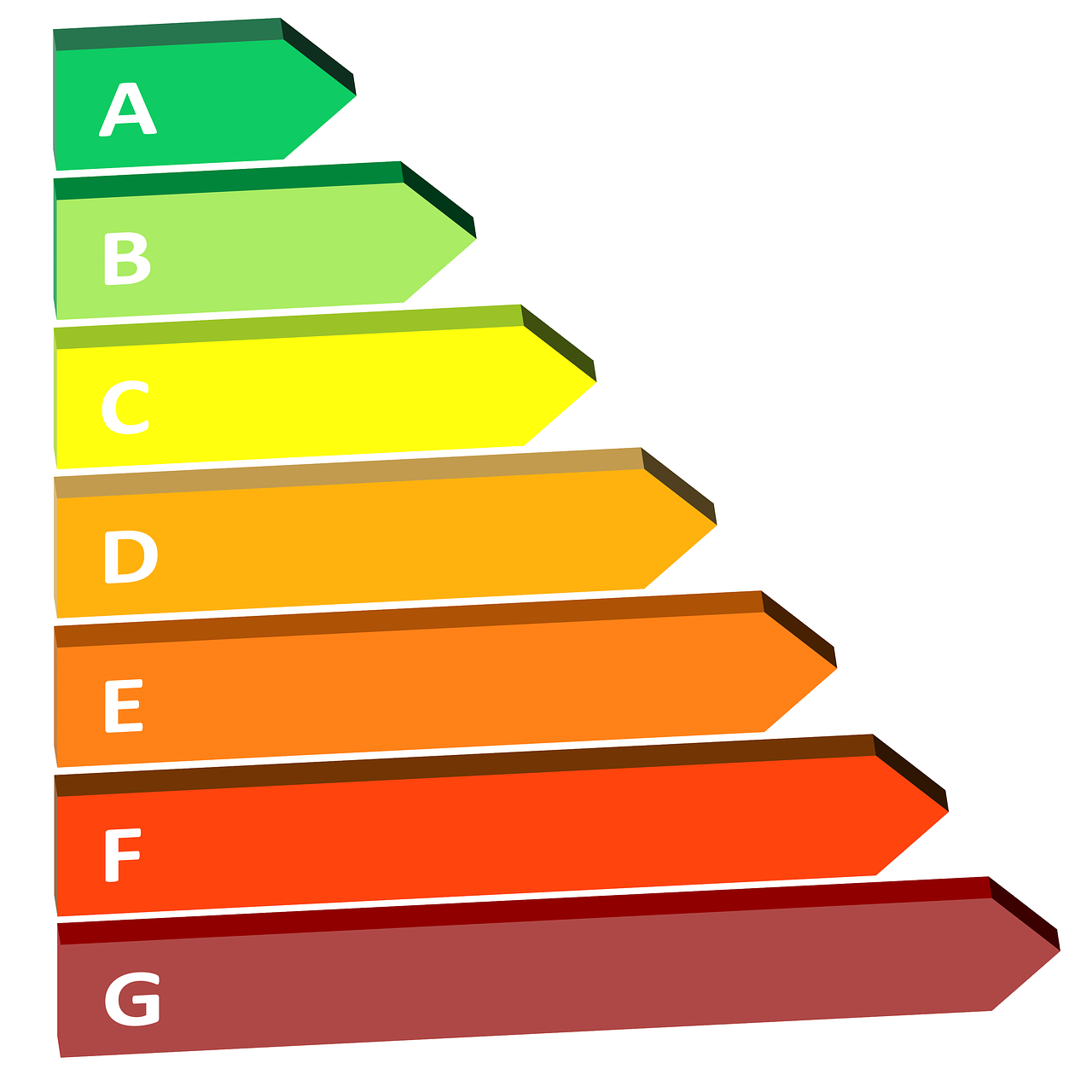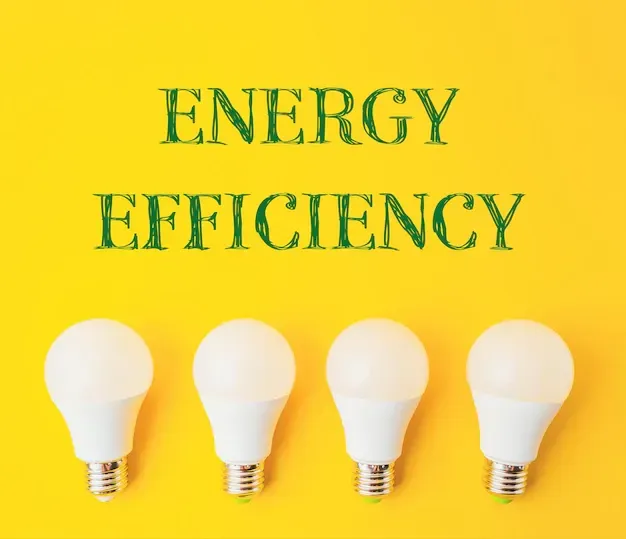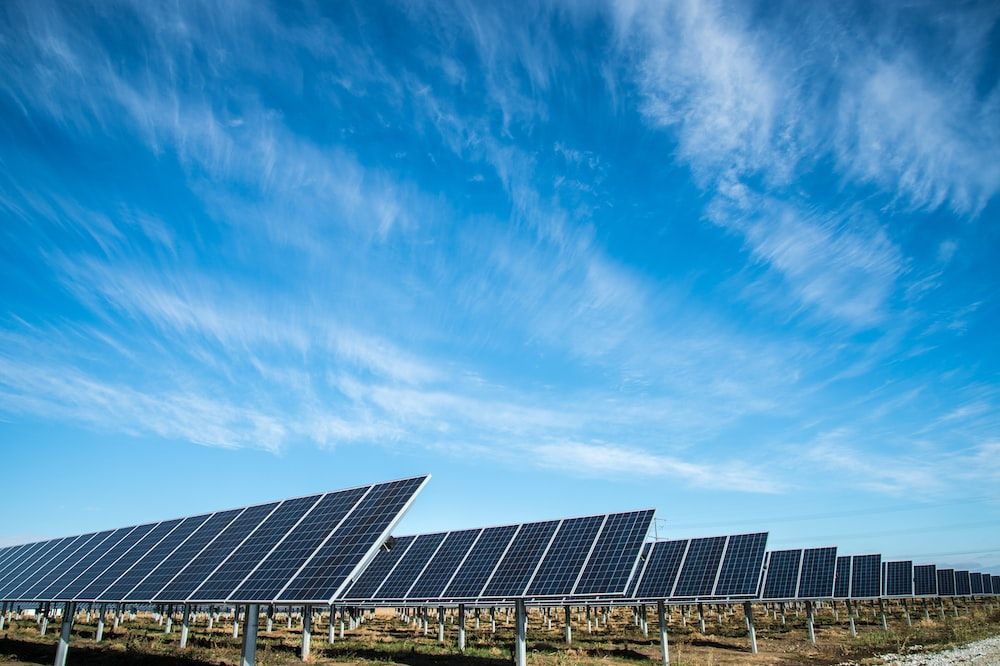The Importance of EPCs in Mortgage Applications: What You Need to Know
EPC’s why mortgage companies are now requiring a valid rating
As a homeowner, you may have heard about Energy Performance Certificates (EPCs) and their importance in mortgage applications. But what exactly are they, and why do they matter? In this article, I will walk you through everything you need to know about EPCs, including their ratings, requirements in Stroud, Cirencester, Gloucester, and Cheltenham, and how to improve your EPC rating. We will also discuss the benefits of having a high EPC rating, common misconceptions about EPCs, and the future of sustainable housing.
Introduction to Energy Performance Certificates (EPCs)
An Energy Performance Certificate (EPC) is a document that provides information about the energy efficiency of a property. It includes an energy efficiency rating, which ranges from A (most efficient) to G (least efficient), as well as recommendations for improving the property's energy efficiency. EPCs were introduced in 2007 as part of the European Union's Energy Performance of Buildings Directive, and they are now a legal requirement for all properties that are sold, rented, or built in the UK.
What is an EPC and why is it important in mortgage applications?
An EPC is important in mortgage applications because it provides information about the energy efficiency of the property that the borrower is purchasing. Lenders want to ensure that the property is energy efficient, as this can have a significant impact on the borrower's ability to repay the mortgage. A property with a low EPC rating may have higher energy bills, which could affect the borrower's ability to make mortgage payments. In addition, a low EPC rating may indicate that the property is in need of energy efficiency improvements, which could be costly for the borrower.
EPC ratings and what they mean
As mentioned earlier, EPC ratings range from A (most efficient) to G (least efficient). The ratings are based on the energy efficiency of the property's construction, heating, hot water, lighting, and ventilation systems. A property with an A rating is considered to be very energy efficient, while a property with a G rating is considered to be very inefficient. The energy efficiency rating is accompanied by a report that provides recommendations for improving the energy efficiency of the property.
EPC requirements in Stroud, Cirencester, Gloucester, and Cheltenham
In Stroud, Cirencester, Gloucester, and Cheltenham, EPCs are required for all properties that are sold, rented, or built. The EPC must be obtained before the property is marketed for sale or rent, and a copy of the EPC must be provided to any prospective buyer or tenant. The EPC must also be displayed in the property, either in the form of a sticker or on a notice board.
The benefits of a high EPC rating
There are several benefits to having a high EPC rating. For one, it can save you money on energy bills. A property with a high EPC rating is likely to have lower energy bills than a property with a low EPC rating, as it is more energy efficient. In addition, a high EPC rating can increase the value of your property. Buyers are increasingly interested in energy-efficient properties, and a high EPC rating can make your property more attractive to potential buyers. Finally, having a high EPC rating can have a positive impact on the environment. Energy-efficient properties use less energy, which reduces carbon emissions and helps to combat climate change.
How to improve your EPC rating
If you have a low EPC rating, there are several steps you can take to improve it. One of the easiest ways to improve your EPC rating is to install energy-efficient lighting. LED bulbs are much more energy efficient than traditional incandescent bulbs, and they can help to reduce your energy bills. Another way to improve your EPC rating is to upgrade your heating system. A more efficient boiler or heat pump can help to reduce your energy bills and improve your EPC rating. Finally, improving your insulation can have a significant impact on your EPC rating. Insulating your walls, roof, and floors can help to keep your home warm in the winter and cool in the summer, and it can also reduce your energy bills.
Common misconceptions about EPCs
There are several common misconceptions about EPCs. One of the most common is that they are only required for new properties. In fact, EPCs are required for all properties that are sold, rented, or built. Another misconception is that EPCs are not important. In fact, EPCs are a legal requirement, and they can have a significant impact on your ability to sell or rent your property. Finally, some people believe that EPCs are expensive. In reality, EPCs are relatively inexpensive, and they can be obtained from certified assessors for a reasonable fee.
EPCs and the future of sustainable housing
EPCs are an important part of the UK's efforts to combat climate change and promote sustainable housing. They provide valuable information about the energy efficiency of properties, and they encourage property owners to make energy efficiency improvements. In the future, EPCs are likely to become even more important as the UK works towards its goal of net-zero carbon emissions by 2050. As more and more properties become energy efficient, the demand for energy-efficient properties is likely to increase, making EPCs an even more important factor in the property market.
Conclusion
In conclusion, Energy Performance Certificates (EPCs) are an important part of the mortgage application process. They provide valuable information about the energy efficiency of properties, and they can have a significant impact on your ability to sell or rent your property. If you live in Stroud, Cirencester, Gloucester, or Cheltenham, it is important to obtain an EPC before you market your property for sale or rent. If you have a low EPC rating, there are several steps you can take to improve it, including upgrading your lighting, heating, and insulation. By improving your EPC rating, you can save money on energy bills, increase the value of your property, and have a positive impact on the environment. So, if you need an EPC, get in touch with us at walk-us-through.com, and we will be happy to help.
Lee Wells
walk-us-through.com
